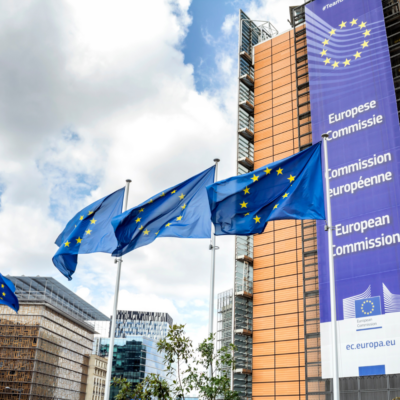29 November 2022
Open letter of the EU industry calling for optional eligibility of low-carbon hydrogen to the hydrogen targets
The ongoing revision of the Renewable Energy Directive (RED III) will result in ambitious renewable hydrogen incentives for industry and transport with binding targets. In this context, on October 25, 8 Member States called to open, in the Hydrogen and gas directive, an optional eligibility of low-carbon hydrogen to these targets for the industry and the transport sectors. Following the Energy Council of November 24, the Czech Presidency of the European Union added this proposal in its compromise.
We warmly welcome this inclusion, and now call on Member States to adopt it. We also call on MEPs to stand for this proposal, which is in line with European Parliament’s position adopted on RED III, which appropriately refers to the possibility for low-carbon hydrogen to play a role in the energy transition to reduce greenhouse gas emissions and that complementary measures should be taken in the gas and hydrogen package currently under discussion (Recital 22bis).
Given the magnitude of the decarbonization and EU security of energy supply challenges, renewable and low carbon hydrogen are needed to achieve the 2030 climate targets and a carbon neutrality in the EU by 2050. The challenge is too significant, and the energy systems within the EU are too diverse, to rely on a unique primary energy source, in this case renewable energy. The RepowerEU 2030 objective of 10 million tons (Mt) of clean hydrogen production in the EU would require +550 TWh of low carbon electricity. This would translate into about 420 GW of new solar dedicated capacity, or 165 GW of offshore wind if we rely on renewables only, which is both extremely challenging to achieve and raises a risk of competition with direct electrification. Recognizing the potential of low carbon hydrogen, and its complementarity with renewable hydrogen, would not only reduce the overall cost of hydrogen produced in the EU, but also deliver larger volumes, in a faster way. Many projects are waiting for final investment decision and could contribute to deliver a more decarbonised and a more secure energy supply.
It is also crucial for industries switching their process to hydrogen (e.g steel manufacturing, ammonia synthesis) to rely on steady hydrogen supply all along the process. A combination of renewable and low carbon hydrogen can deliver this. Closing the door to low carbon sources would limit the potential of hydrogen and increase the costs of the transition. Finally, the current geopolitical context is a vivid reminder that producing hydrogen in Europe is essential to avoid creating new energy dependencies.
We support the EU’s ambition to become a global hydrogen leader and we are willing to invest. We call on Member States and EU policy makers to:
- Adopt a technology neutral approach, with a level-playing field strictly framed in terms of carbon content, allowing the EU to establish its industrial hydrogen leadership. Free-choice of Member States’ energy mixes and technological neutrality is a key EU principle enshrined in Article 194(2) of the Treaty on the Functioning of the EU.
- Adopt the amendment to the Gas and Hydrogen directive proposed by the Czech Presidency, giving the option for MS to take into account low carbon hydrogen to fulfill binding hydrogen target in industry, and low carbon hydrogen and derivatives to fulfill binding hydrogen target in transport (both set in REDIII).
Find out more

About us
The Union of the French Electricity Industry is the trade association of the French electricity sector. We bring together companies from the whole value chain of the electricity industry.
Find out more











